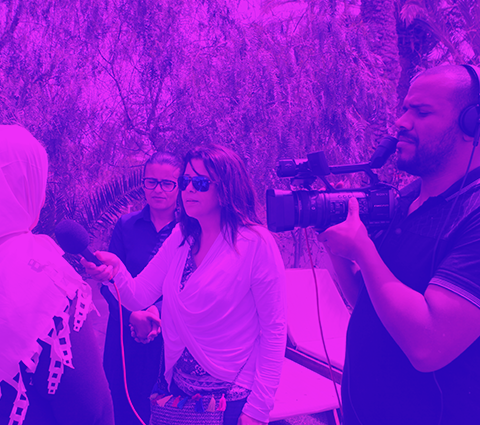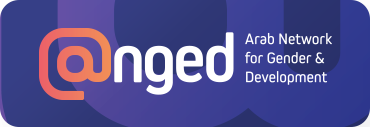About us
About us
Who we are ?
The Center of Arab Women for Training and Research (CAWTAR) was created in 1993, in response to the desire expressed by a number of Arab stakeholders, including local, regional and international institutions as well as governments, to establish a center of academic research and field studies relating to women’s conditions.
In addition to collecting data, indicators and statistics on women’s economic, social and political conditions, CAWTAR significantly contributes to capacity building of stakeholders, enhancing networking, building strategic partnership and strengthening advocacy for women’s rights.
CAWTAR seeks to contribute to an Arab environment where women and men have equal rights, both in law and in practice and where all manifestations of discrimination, violence and gender differences disappear and where men and women work together for the human welfare of all according to principles of Human rights and gender.
CAWTAR’s mission is to contribute to empowering Arab women economically, socially and politically to fully exercise their human rights, through producing knowledge, capacity-building of regional and national institutions and civil society in advocacy for gender equality, advancement of women and strengthening their presence in decision-making positions.
- Combat discrimination and violence against women and girls and further strengthen equal participation of women and youth in development and public life,
- Mainstream gender and human rights approach in natural resource management,
- Support social actors, especially civil society in advocacy, developing and modernizing legislation, policies and mechanisms and improving the performance of national and local institutions,
- Strengthen the center’s strategic partnerships and producing and disseminating cumulative knowledge
CAWTAR is one of the few regional research and training institutions dedicated to the issue of relationship between women and development in the Arab region. Among the Center’s unique characteristics:
- A special status as an International NGO working in the Arab region, with a unique make-up of its board of trustees providing a space in which governmental institutions and regional and international organizations can interface with each other,
- An influential network - the Arab Network for Gender and Development (@NGED) – which covers the Arab region and beyond and counts among its members experts, decision-makers, journalists, national and regional research centers, NGOs, various institutions, etc. @NGED contributes to CAWTAR’s work, and acts as a platform for advocacy on gender issues and policy dialogue,
- Its supportive technical institutional mechanisms such as the CAWTAR Media Training Center, the Clearing House on Gender as well as tools, rules, database and electronic systems in its area of action,
- Its membership in a number of European, Mediterranean and international research bodies and centers, concerned with the empowerment of women, their rights and their role in development.
Work Fields
- Economic, Political and Socio-Cultural Empowerment of Women through integrated approach,
- Institutional and community policies and environments more appropriate to gender issues and women’s human rights.
Our Methodology of Work
CAWTAR uses an integrated approach in which research feeds into training and both feed into advocacy. Themes in development work should be conceived as interdependent and mutually supportive. They include the following elements:
- Research and Knowledge Productions
- Building Support and Advocacy
- Networking and Partnership
- Capacity- Building and Training
- Media and communication
- Knowledge and Management Databases
CAWTAR’s activities are therefore designed to raise awareness, renew commitment, engage relevant stakeholders, advocate rights, build capacities, support partner organizations, ensure continuing outreach, share knowledge and action and contribute to building a society supportive of gender equality and human rights.
Calendar
All EventsLast News
Tunisie, 28 February 2026
Appels à candidature – Recrutement de personnel ad hoc (Projet HERITAS)
Tunisie, 20 February 2026
Tunisie, 15 December 2025
CALL FOR VACANCY Ad hoc Staff – Communication and Social Media Officer Project: DigiWAVE





